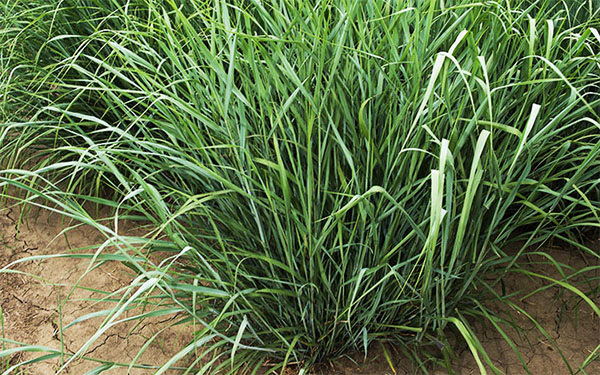Many questions concerning the sustainable production of biofuels have emerged over recent years in terms of land and water use, pollution from fertilizer and pest-control chemicals, greenhouse-gas production, net energy production, and whether enhanced land-use and climate benefits would result from simply planting trees and eschewing biofuels altogether. According to researchers reporting in the Proceedings of the National Academy of Sciences (September 2020), the answer depends, in part, on optimizing land-use policies and bioenergy production systems. Researchers have concluded that sustainable biofuels could make an important contribution toward reducing greenhouse-gas emissions and stabilizing the global climate if we produce bioethanol from biomass sources, such as perennial grasses, that are grown without affecting the carbon already stored in the ecosystem. See also: Biomass; Ethyl alcohol; Global climate change; Greenhouse effect; Land-use planning; Reforestation

A few key findings of the research are that:
- Biofuels produced from switchgrass and grown on former farmlands do not reduce ecosystem carbon storage (carbon debt) and may result in carbon mitigation similar to reforestation;
- Harvesting forests that were regrown after a prior timber harvest (secondary forests) and converting those forests to switchgrass production results in a large carbon debt with a long “payback” time; and
- For grasslands on which trees cannot flourish, growing switchgrass may result in greater carbon mitigation than restoring grasslands with natural vegetation.
Biofuels exemplify alternative fuels for reducing carbon emissions from ground transportation during the transition from vehicles powered by internal combustion engines to electric vehicles, but only if the biofuels are produced sustainably. Toward that goal, some additional benefits of producing biofuels from switchgrass are that less energy, water, and fertilizer are required to grow and convert switchgrass to fuel, and also that switchgrass is not a human food source. The challenges include being able to grow, harvest, and transport sufficient quantities of switchgrass to support a biorefinery. At the same time, other environmental effects of producing switchgrass for energy purposes, such as the ecological impact of monocultured switchgrass, need to be investigated. See also: Electric vehicle; Fossil fuel; Grass crops; Internal combustion engine; Sustainability





